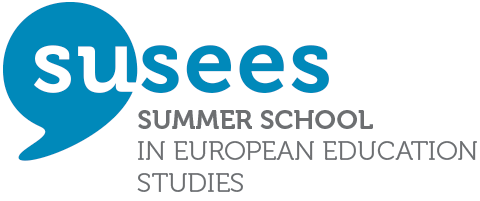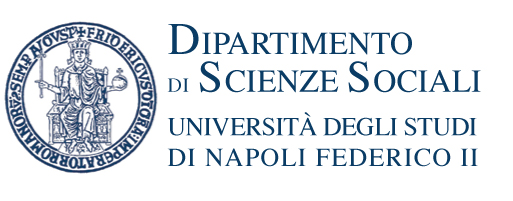SUSEES teaching activities will address the following dimensions of education from a European perspective:
- the ongoing construction of a European Education Space and its consequences and what contribute a political sociology can give to the understanding of these processes;
- the changing modes of governance and the relations between Europeanisation and Globalisation in the field of education;
- the role played out by the processes of digitalisation in the Europeanisation of education and the new insights provided by the concept of digital governance in the field of education;
- the role of educational leadership as a symbolic and material driver of integration and convergence across education systems in Europe;
- the new circuits of knowledge production and the relationship between expertise, knowledge generation and policy making in the European Education space (the epistemic governance of education in Europe);
- the role, the potential and the threats of Big Data in the process of Europeanisation of education;
- the academic discourse and writing on Europe and Europeanisation.
SUSEES is intended to be the first step towards the establishment of an interdisciplinary pole of excellence for training, research, knowledge sharing and generation of ideas on the study of education in Europe. The Summer School will provide the occasion for scholars coming from all over Europe to share with emergent researchers their reflections and research on the relevance of adopting a European perspective in studying education policies, practices and outcomes. This is intended to be a teaching and research pole which will mutually reinforce the action that is currently undertaken by the European Educational Research Association Network 28 – Sociologies of Education, which is becoming a significant point of reference for prominent and emergent researchers who are contributing to the establishment of a new field of EU studies. This is particularly relevant in our view because of the significant path dependency in educational research that produces a shared adherence to different forms of ‘methodological nationalism’ i.e. research strategies which assume the national space as the privileged point of observation (and unit of analysis) in studying education policy, practices and even outcomes. Although we recognize the relevance of the national dimension, it is crucial in the current context to take into account the multiple interactions, mediations and translations occurring between the European Education Space, its policies and dynamics, global policy processes, national policy-making and the implications that all of this has for educational practices and outcomes at the ‘local’ level, and for how we understand education and learning in Europe.
Thus, with the SUSEES project we intend to foster the introduction of an EU angle into the studies of education, both supporting the establishment of a community of prominent researchers and, most of all, enabling their interaction with emerging researchers from different EU countries in a cooperative training environment. The distinctive character of the proposed module is grounded in the mobilisation of sociological and interdisciplinary theories that are able to identify EU-related new research objects, questions and strategies, expanding the frontiers of educational research and supporting the emerging borderless space of European educational research.
Participation in the proposed summer school is relevant for the professional lives of emerging researchers in many different ways. The SUSEES module is designed to enable the construction of a research expertise that provides the participants with both competences for their academic development and for building their professional careers, through capacity building, networking and sharing of experiences. More specifically, participants will become part of a ground breaking knowledge community, with the possibility of becoming experts in an innovative field of EU studies. Second, courses will be specifically planned in order to prioritise the development of those competences that are relevant to supporting research careers (theoretical reflection, defining research objects, generating relevant questions, but also academic writing). Third, the interaction with prominent and renowned scholars in a dynamic environment offers an invaluable occasion for networking at a European level for emerging researchers and will give them the possibility of expanding both their research and professional horizons.


